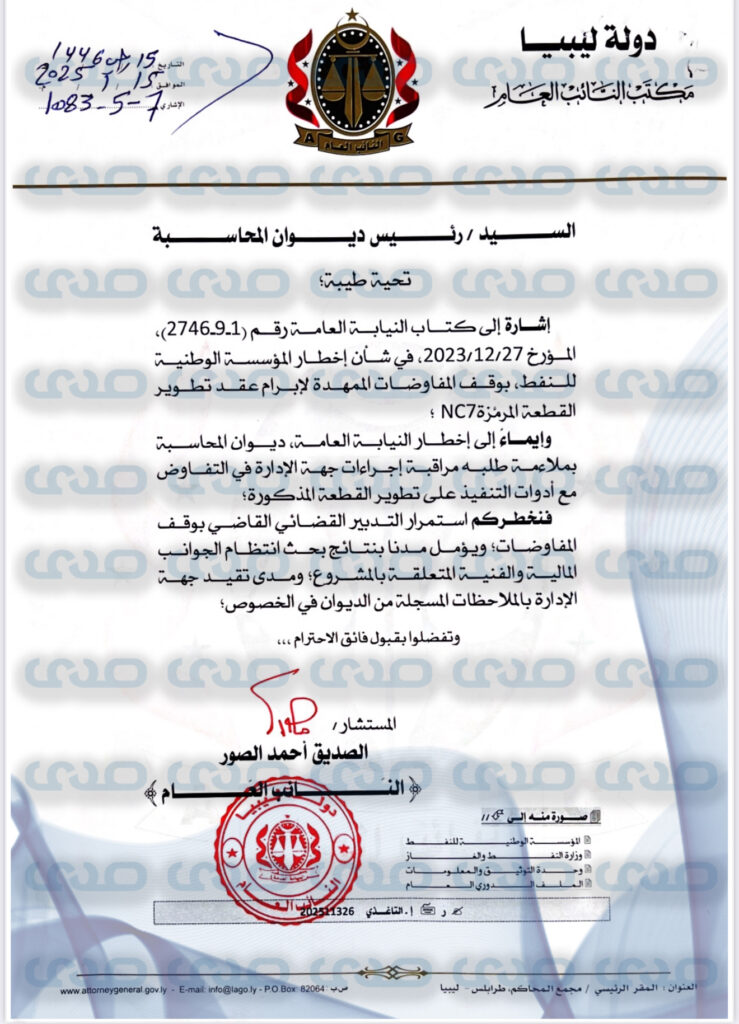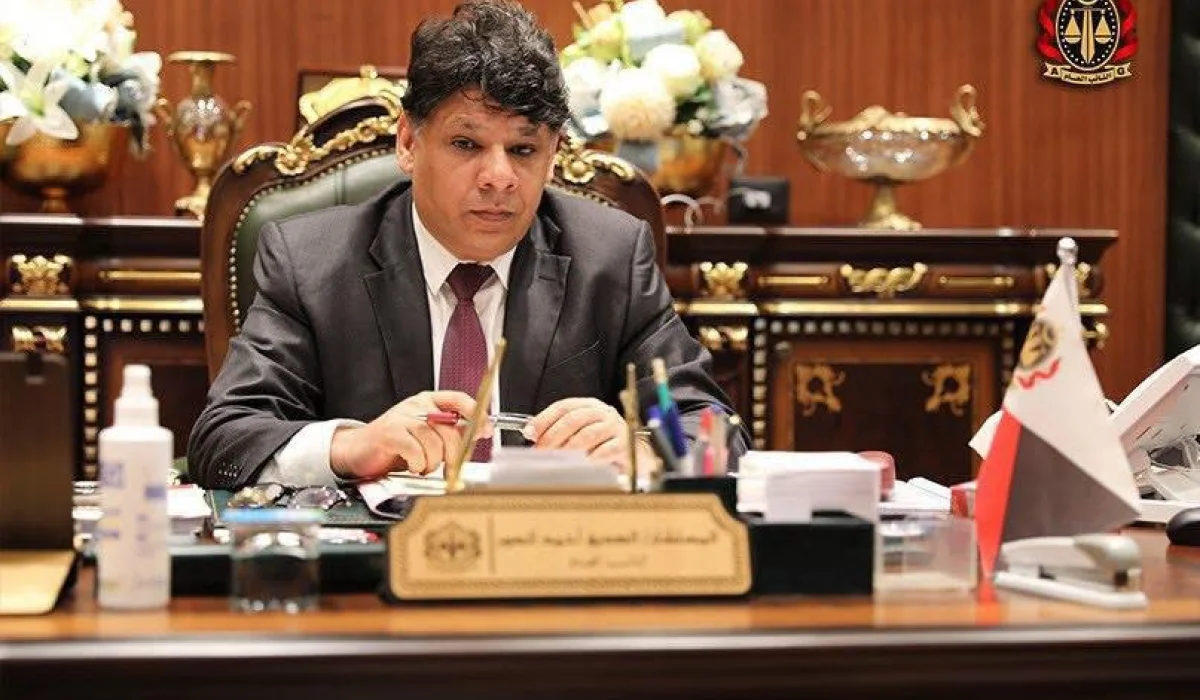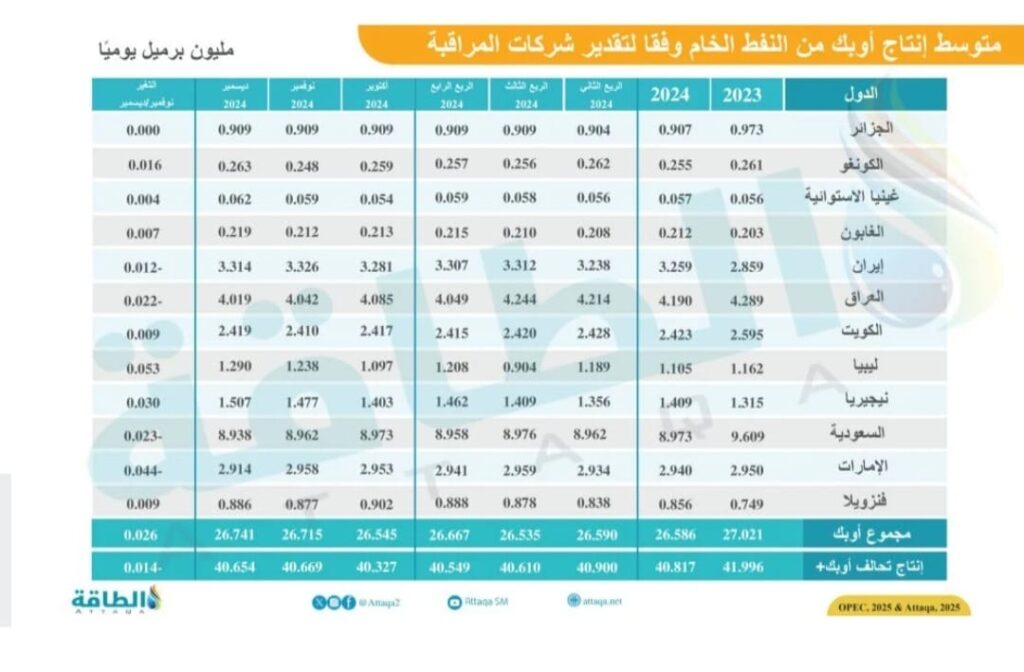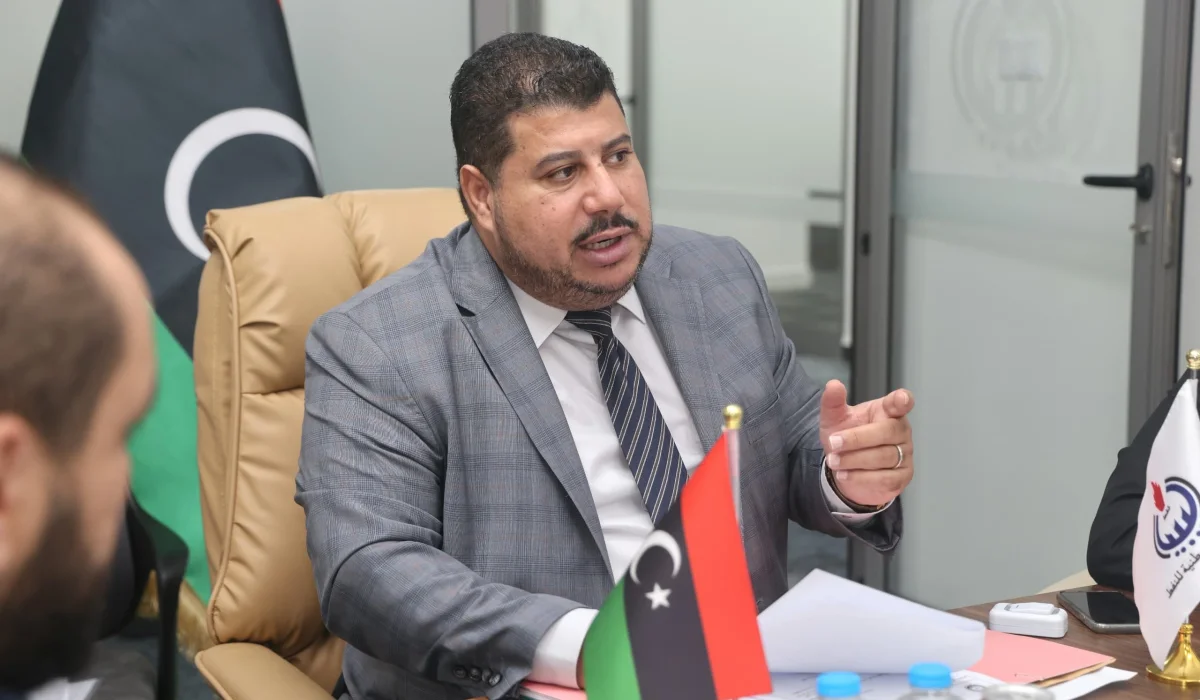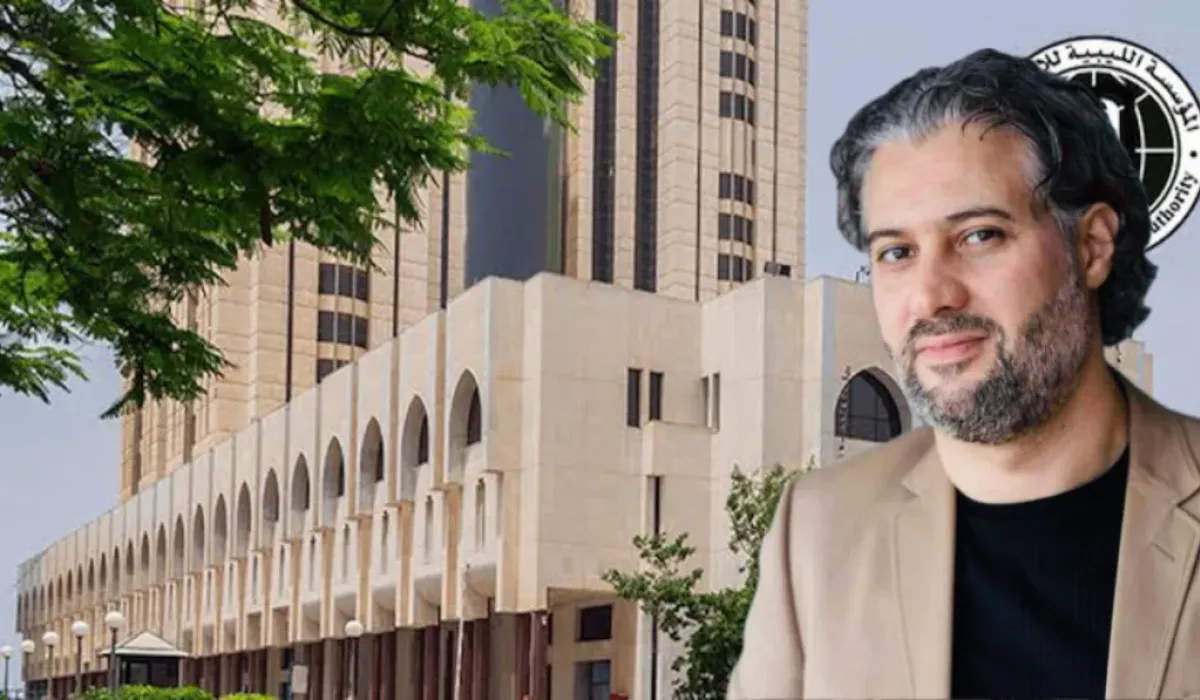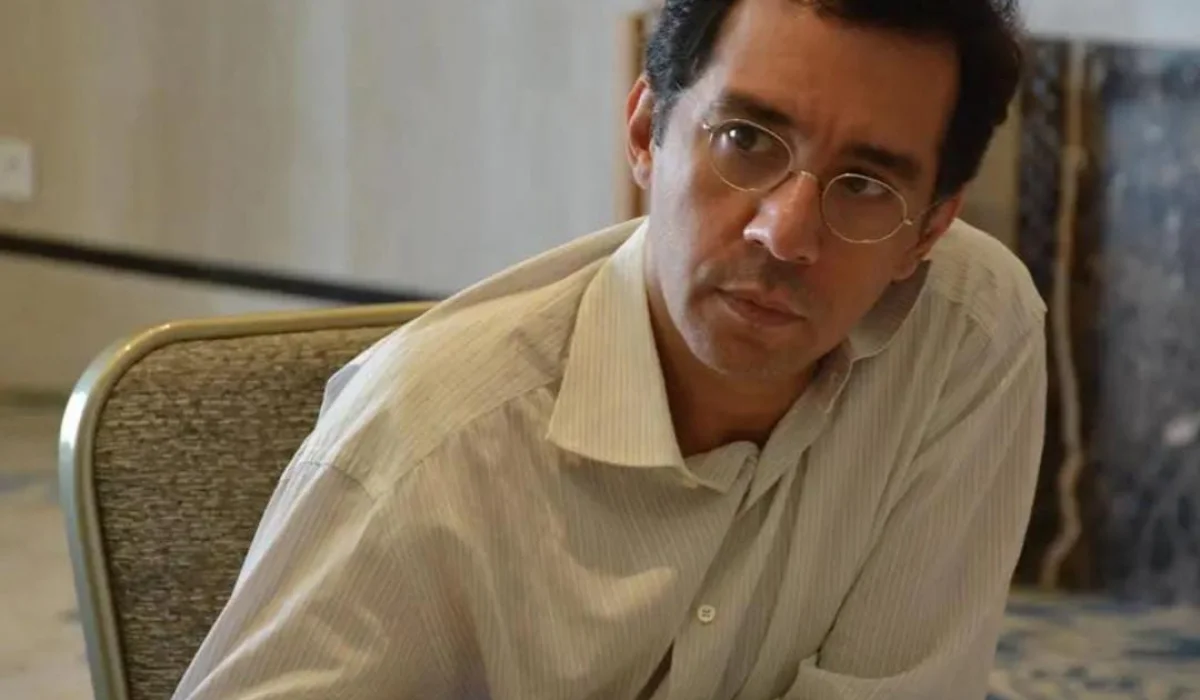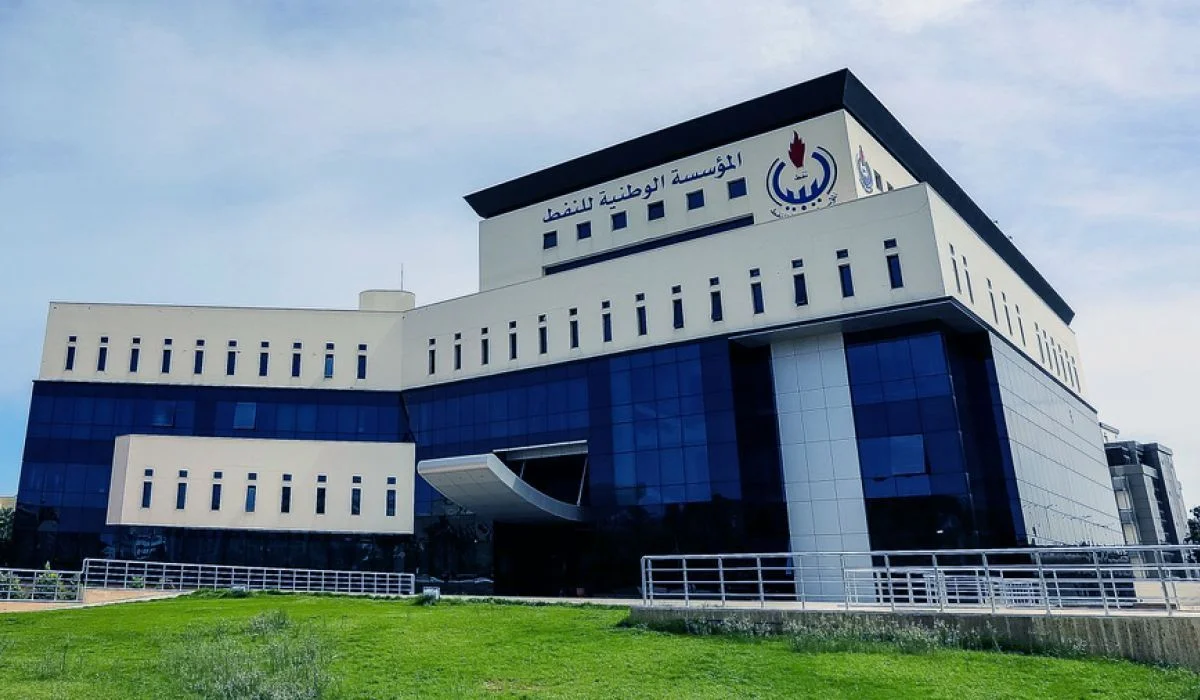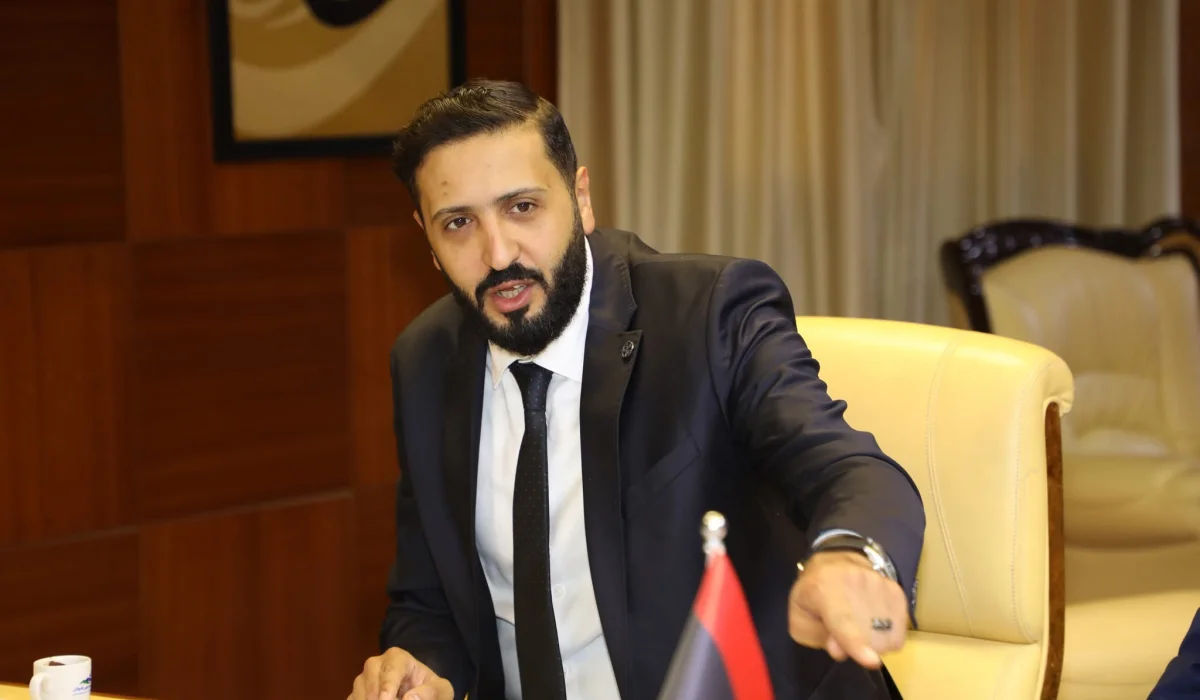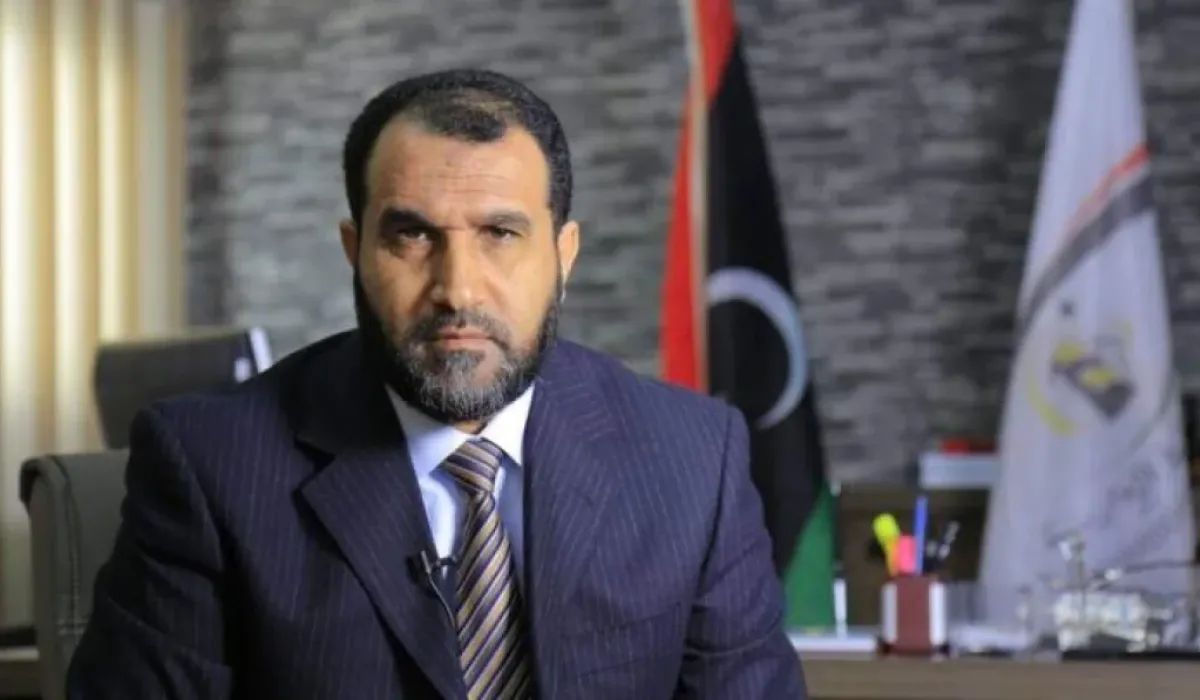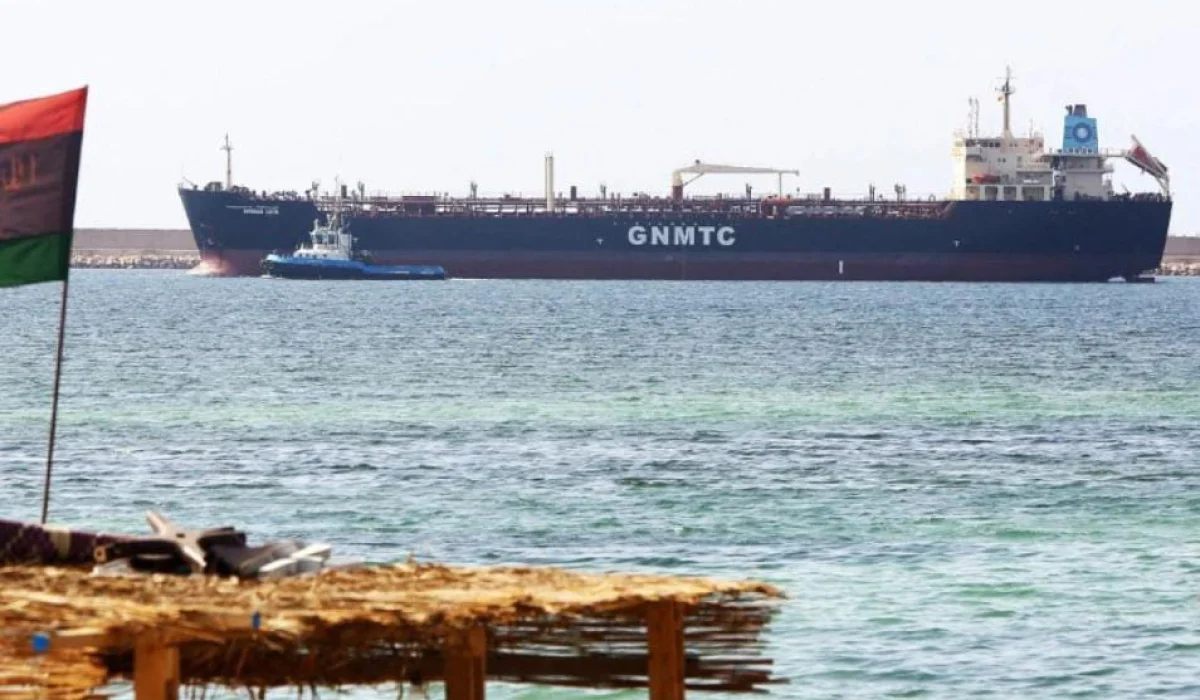Oil expert Masoud Shriha stated in an exclusive comment to our source that there is a significant contradiction in the figures declared by the National Oil Corporation on various occasions. He noted that this inconsistency undermines the credibility and transparency of the Corporation, adding, as the saying goes, “They tried to fix it but made it worse.”
The oil expert referred to a letter published in local newspapers from the NOC, dated September 2023, addressed to Prime Minister Abdul Hamid Dbeibeh, discussing the fuel subsidy budget and inflation, which, according to the letter, amounted to $12.9 billion. The letter indicated that the cost of fuel allocated to power plants was $8.5 billion.
In response, another letter published in local newspapers from the General Electricity Company, addressed to the Energy Council, denied the aforementioned amount and stated that the cost did not exceed $6.5 billion.
Shariha further pointed out that the NOC’s latest statement claimed that total fuel subsidy deductions, including electricity company consumption for 2023, amounted to only $8.7 billion. This indicates a discrepancy of approximately $4 billion from the amount mentioned in the letter to the Prime Minister, and an additional $2 billion compared to the figure reported by the electricity company. The fate and expenditure of this missing amount remain unclear.
The expert highlighted the inconsistency of selling gas to the Italian partner while importing diesel from global markets, despite the possibility of supplying gas locally, as stated by the NOC. He noted that the average gas price in Europe is around €35 per megawatt-hour, while the average diesel price is approximately $700 per metric ton. This results in a loss of about $20 per oil-equivalent barrel in favor of the Italian partner. Gas is sold to the partner while diesel is imported at a loss to operate Libya’s power plants. This calculation excludes indirect costs such as transportation and storage. It is worth noting that Brega Oil Marketing Company had previously announced a reduction in power plant consumption by 18% to 30%.
The oil expert also questioned the revenue figures for royalties and taxes from the mentioned companies for 2019, as no details were provided.
Additionally, he expressed surprise at the lack of mention of losses due to shutdowns, except for the quantities lost. Similarly, the decline in oil prices between 2023 and 2024, amounting to $1.86 per barrel, was noted without providing actual value figures. Furthermore, there was no explanation for why Libyan crude was sold at a discount of at least $1.5 per barrel compared to competitive Arabian Light Crude prices in Mediterranean markets, as referenced in the Motor Oil company report.
The expert concluded by saying, “It is clear that official entities rely on data analysis derived from social media platforms, reflecting an increasing public awareness of issues directly affecting their livelihood and their children’s future.”
He added, “Popular oversight, in the absence of regulatory bodies, is the only solution to achieve justice,” calling on the Attorney General and the judiciary to address the people’s demands, as they are integral to society and its future.
